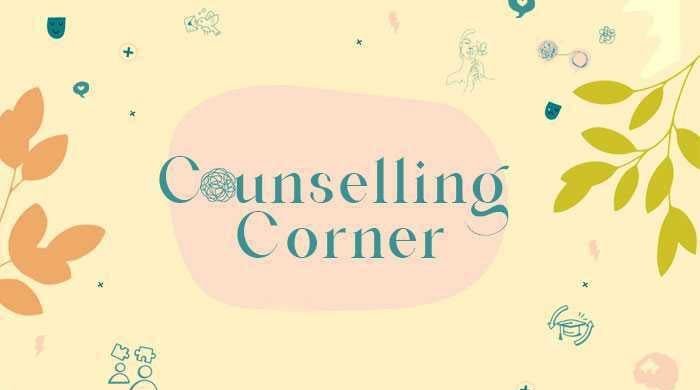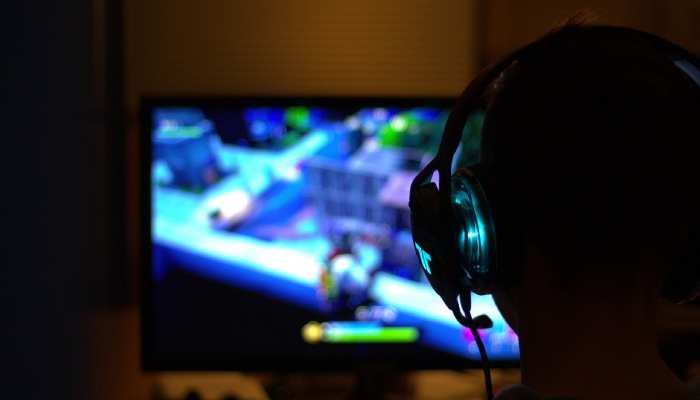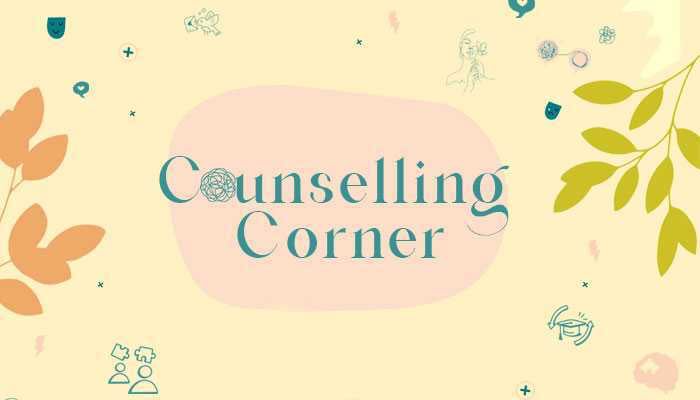
‘Addiction to playing online games leaves my brother enraged? Please help!’
Dear bee,
My brother is addicted to playing games online. It has become so intense that now after playing these games, he becomes extremely anxious. The minute we try to stop him from playing, he gets terribly angry.
We noted this change in his behaviour ever since he started playing these games on his phone. When he is not using the phone, especially for playing games, he behaves just fine and would even crack jokes.
Please suggest how we can make him lose this habit?
— A concerned sister

Dear concerned sister,
Thank you for writing in about your brother. I can imagine how hard it is to watch someone you care for change so much. The way you’ve described him — pulled into gaming, moody when interrupted, anxious after playing — are signs that gaming might be crossing the line from a hobby into a problem. In more serious cases, it can turn into addiction.
Understanding gaming addiction
We first need to understand gaming addiction to be able to address it. Gaming can be surprisingly addictive. This isn’t about your brother being stubborn or difficult — it’s about how games work on the brain. They give quick bursts of pleasure and offer an easy escape from stress, boredom, or feeling low. Over time, the brain can start to rely on gaming as the main way to feel good or cope with life.
When that happens, other things that once brought joy or calm can feel dull. The brain begins to crave the “dopamine hit” from gaming, and when it doesn’t get it, a person may feel anxious, restless, or irritable — which sounds like what’s happening with him.
Addiction follows a Dopamine Cycle that is powerful and can be difficult to come out of.
- Dopamine spike: “This feels good — do it again.”
- Tolerance: Needing more to feel the same way.
- Withdrawal: Feeling anxious or irritable without it.
- Cravings: Strong urges that are hard to resist.
We need to understand why people get so pulled in? There could be a couple of reasons.
It gives, instant rewards — every win or level-up gives a dopamine boost, provides you with endless play, many games never really “end. Gives you a sense of social connection (online games can feel like a community and friends) and provides a possible escape — a break from stress or emotional pain.
Because gaming meets so many needs at once, just taking it away usually doesn’t work — those needs need to be met in other ways.
So, in your situation what can you do?
1. Be curious, not confrontational
Instead of saying “You need to stop,” ask questions like:
- “Does gaming help you relax or feel connected?”
- “Is it a way to avoid stress or boredom?”
Addiction is often less about pleasure and more about avoiding pain. If he feels understood, he’s more likely to listen.
2. Create screen-free moments — not punishments
Build in small chunks of time without the phone:
- Go for a walk together.
- Cook or do a project side by side.
- Try a hobby that matches his interests.
The goal is to replace the pleasure gaming gives, not just remove it.
3. Set boundaries together
Work with him to decide limits:
“How about we keep phones away from 7–9 pm and do something else together?”
Agreements work better than rules imposed on him.
4. Keep an eye on deeper mental health struggles
If his anxiety grows, consider a psychologist who works with teens and behavioural addictions. Gaming might be covering up something deeper.
5. Notice and appreciate the ‘real him’
When he’s relaxed, funny, and engaged, say so:
“I love seeing you like this — you seem lighter and happier.”
It reminds him that life outside the screen can feel good, too.
It can feel like a lot, but remember a few key action points.
Don’t shame him, get curious. Replace the habit, don’t just remove it. Involve him, don’t control him. Set Limits and get support if needed, don’t try to fix it all alone. Stay patient, change takes time.
Gaming addiction is a real and growing problem especially amongst adolescents, but with empathy support and the consistency change is possible.
– Well

Haya Malik is a psychotherapist, Neuro-Linguistic Programming (NLP) practitioner, corporate well-being strategist and trainer with expertise in creating organisational cultures focused on well-being and raising awareness around mental health.
Send her your questions by filling this form or email to [email protected]
Note: The advice and opinions above are those of the author and specific to the query. We strongly recommend our readers consult relevant experts or professionals for personalised advice and solutions. The author and Geo.tv do not assume any responsibility for the consequences of actions taken based on the information provided herein. All published pieces are subject to editing to enhance grammar and clarity.









